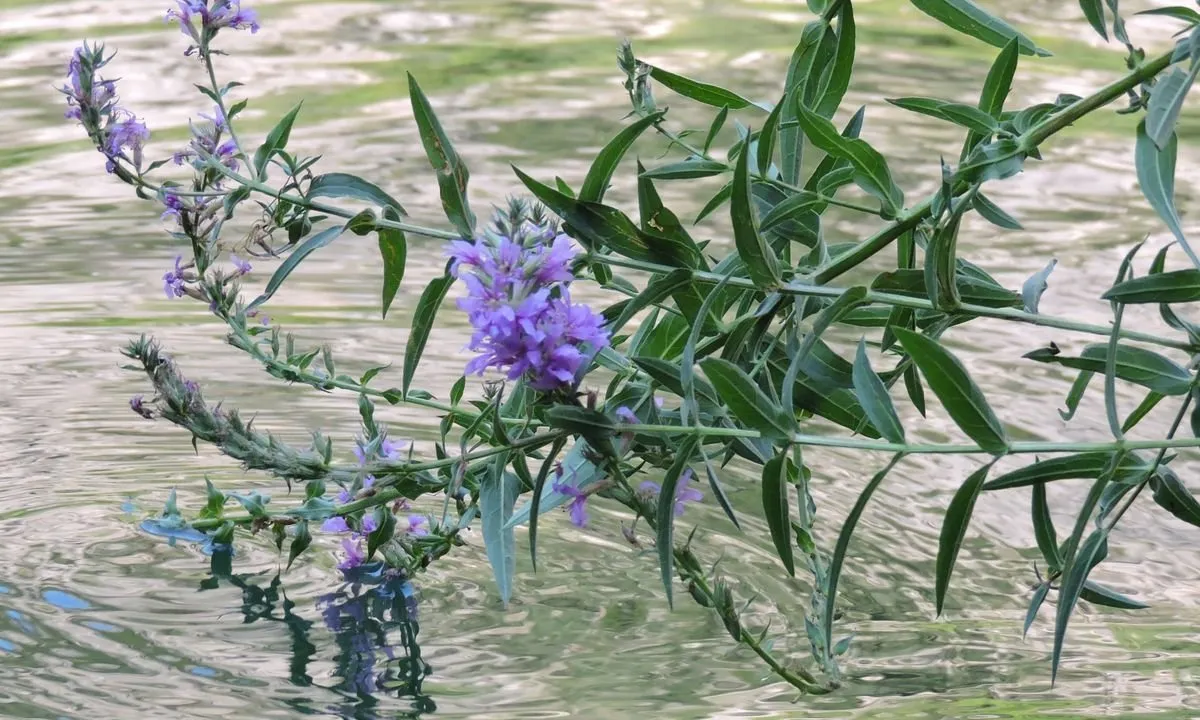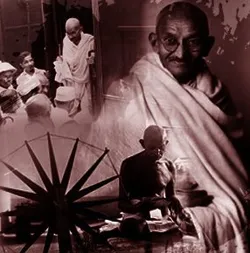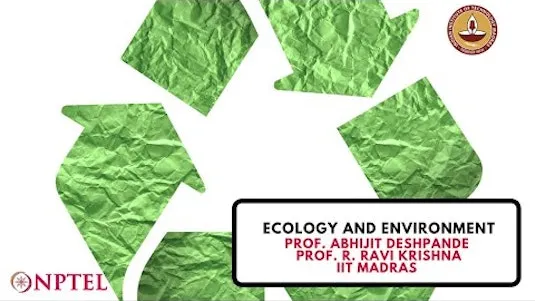
The Big Stuff: Evolution and Ecology 
Explore the essentials of The Big Stuff: Evolution and Ecology ▼
ADVERTISEMENT
Course Feature
![]() Cost:
Cost:
Free
![]() Provider:
Provider:
Coursera
![]() Certificate:
Certificate:
Paid Certification
![]() Language:
Language:
English
![]() Start Date:
Start Date:
17th Jul, 2023
Course Overview
❗The content presented here is sourced directly from Coursera platform. For comprehensive course details, including enrollment information, simply click on the 'Go to class' link on our website.
Updated in [March 06th, 2023]
This course, The Big Stuff: Evolution and Ecology, provides an overview of the processes of evolution and the importance of biodiversity. Students will learn about the mechanisms of evolution, the variety of life on earth, and the interconnectedness of life. Additionally, the course will explore the importance of conservation and the current ecological issues in today’s society. Through lectures, discussions, and activities, students will gain a better understanding of the big stuff: evolution and ecology.
[Applications]
After this course, students are encouraged to apply the concepts learned to their everyday lives. They can use the knowledge of evolution and ecology to better understand the environment around them and the importance of preserving biodiversity. They can also use the knowledge to make informed decisions about conservation and sustainability. Additionally, students can use the course to explore further topics in evolution and ecology, such as the effects of climate change on species, or the effects of human activities on ecosystems.
[Career Paths]
1. Conservation Biologist: Conservation biologists work to protect and restore habitats, species, and ecosystems. They use their knowledge of ecology and evolution to develop strategies for conservation and management of natural resources. Conservation biologists are also involved in research, education, and policy development. As the world’s population continues to grow, the need for conservation biologists is increasing, making this a great career path for those interested in this field.
2. Wildlife Biologist: Wildlife biologists study the behavior, ecology, and conservation of wild animals. They use their knowledge of ecology and evolution to develop strategies for the management and protection of wildlife populations. Wildlife biologists are also involved in research, education, and policy development. As the world’s population continues to grow, the need for wildlife biologists is increasing, making this a great career path for those interested in this field.
3. Ecologist: Ecologists study the interactions between organisms and their environment. They use their knowledge of ecology and evolution to develop strategies for the management and protection of ecosystems. Ecologists are also involved in research, education, and policy development. As the world’s population continues to grow, the need for ecologists is increasing, making this a great career path for those interested in this field.
4. Environmental Scientist: Environmental scientists study the effects of human activities on the environment. They use their knowledge of ecology and evolution to develop strategies for the management and protection of the environment. Environmental scientists are also involved in research, education, and policy development. As the world’s population continues to grow, the need for environmental scientists is increasing, making this a great career path for those interested in this field.
[Education Paths]
1. Bachelor of Science in Ecology: This degree program focuses on the study of the interactions between organisms and their environment. Students will learn about the principles of ecology, the structure and function of ecosystems, and the effects of human activities on the environment. They will also gain an understanding of the importance of conservation and sustainability.
2. Bachelor of Science in Environmental Science: This degree program focuses on the study of the environment and its components, including air, water, soil, and plants. Students will learn about the effects of human activities on the environment, and how to develop strategies to protect and restore the environment. They will also gain an understanding of the importance of conservation and sustainability.
3. Master of Science in Conservation Biology: This degree program focuses on the study of the conservation of biodiversity and the management of natural resources. Students will learn about the principles of conservation biology, the effects of human activities on the environment, and the strategies for protecting and restoring ecosystems. They will also gain an understanding of the importance of conservation and sustainability.
4. Doctor of Philosophy in Ecology: This degree program focuses on the study of the interactions between organisms and their environment. Students will learn about the principles of ecology, the structure and function of ecosystems, and the effects of human activities on the environment. They will also gain an understanding of the importance of conservation and sustainability, as well as the development of new methods for conservation and management of natural resources.
Pros & Cons

Clear and smooth discussions.

Material helps understanding.

Impressive education.

Uncovered quiz questions.

Complicated assessment process.

Long waiting for assessment reviews.
Course Provider

Provider Coursera's Stats at AZClass
The Big Stuff: Evolution and Ecology leads you to an exciting world of learning! In this course, learners will explore the process of evolution and how it produces new species, the importance of biodiversity to the overall health of the planet and human well-being. Learners will also learn about the interconnectedness of ecology and life, as well as current ecological conservation issues. Through this course, learners will gain a comprehensive understanding of "The Big Thing: Evolution and Ecology" and how it affects their lives and the planet.
Discussion and Reviews
0.0 (Based on 0 reviews)
Explore Similar Online Courses

Foundations of Everyday Leadership

The Bits and Bytes of Computer Networking

Python for Informatics: Exploring Information

Social Network Analysis

Introduction to Systematic Review and Meta-Analysis

The Analytics Edge

DCO042 - Python For Informatics

Causal Diagrams: Draw Your Assumptions Before Your Conclusions

Whole genome sequencing of bacterial genomes - tools and applications

South Asian Religions & Ecology

MGPE-014: Gandhi: Ecology and Sustainable Development


Start your review of The Big Stuff: Evolution and Ecology